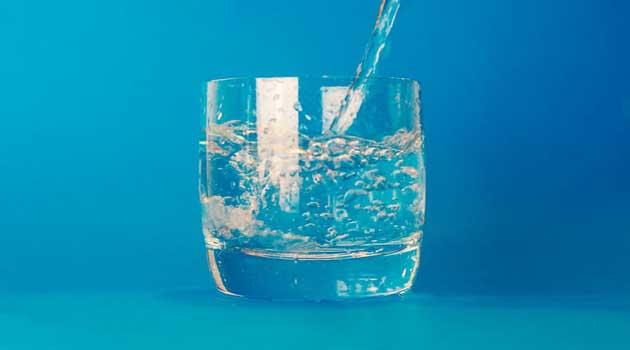
Are you avoiding dehydration to prevent heat exhaustion or stroke? Your answer should be ‘yes’.
Also, do you know that if heat-related illnesses go untreated, seizures, permanent brain damage, or even death can occur?
Be smart and sun-savvy. Drink water and embrace the shade – it’s all about the balance.
Actually, summer months mean lots of outdoor activities, lots of time in the sun, and lots and lots of sweating – sometimes standing on a roadside waiting for a relative or a friend or getting your vehicle repaired in open.
Dehydration can lead to heat exhaustion or even heat stroke and thus the best way to stop dehydration is to take preemptive steps.
Drink lots of water, and stay hydrated. And if you’re out in the sun or the heat, increase the intake.
One should also learn the symptoms and warning signs, so that at the first recognition, appropriate action is taken to prevent the situation from worsening.
Stay alert if you feel:
- Unusual thirst, dry mouth/toungue
- Less frequent urination, or dark-coloured urine
- Dry skin, especially when one would ordinarily be sweating
- Fatigue, unusually tired, dizziness
- Faintness or unconsciousness
- High fever
- Confusion or bizarre behaviour
- Strong, rapid pulse, lack of sweating
The symptomatic person should immediately go into a cool place, or at least go into shade, out of the hot sun. Then, fluids should be immediately offered and the person should be helped to lie down or to rest, and, if possible helped with shower.
Mild dehydration is best treated with small amounts of fluid often, rather than forcing large amounts all at once. Electrolyte solutions like sports drinks, or similar products are also helpful.